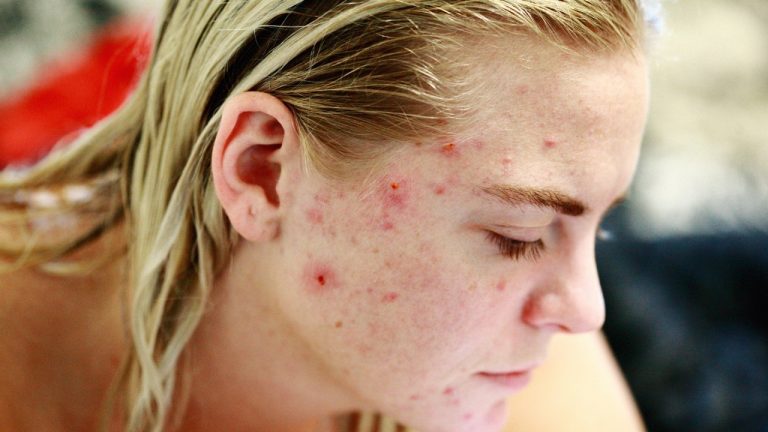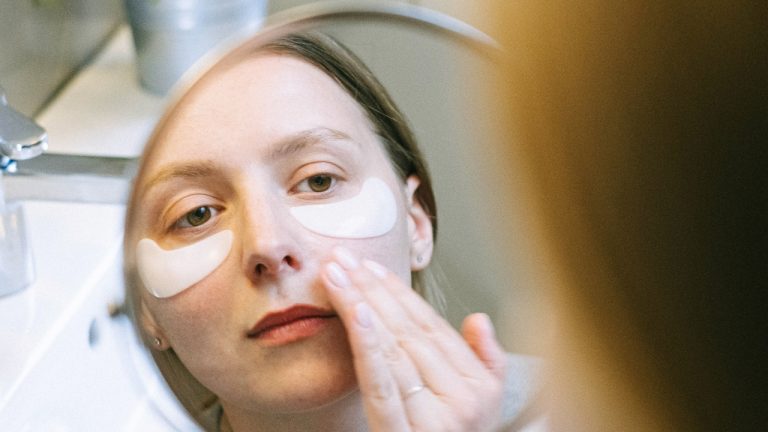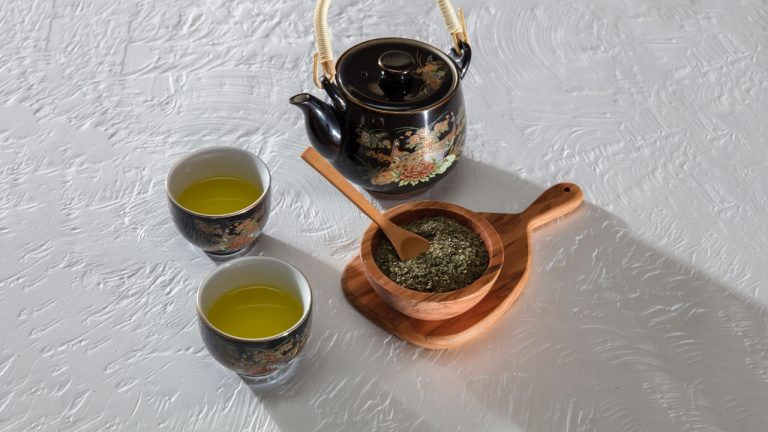Diet Plan For Skin Care

Maintaining healthy skin requires a well-rounded diet that includes a variety of nutrients. Here’s a diet plan that focuses on nourishing your skin:
- Antioxidant-rich fruits and vegetables:
- Berries (blueberries, strawberries, raspberries)
- Citrus fruits (oranges, grapefruits, lemons)
- Leafy greens (spinach, kale, Swiss chard)
- Tomatoes
- Bell peppers
- Carrots
These foods are packed with antioxidants, such as vitamins A, C, and E, which help protect your skin from oxidative stress and promote a youthful appearance.
- Healthy fats:
- Avocados
- Nuts and seeds (almonds, walnuts, flaxseeds, chia seeds)
- Fatty fish (salmon, mackerel, sardines)
Healthy fats provide essential fatty acids, including omega-3 and omega-6, which help maintain skin moisture, elasticity, and promote a healthy complexion.
- Vitamin C-rich foods:
- Citrus fruits (oranges, grapefruits, lemons)
- Berries (strawberries, raspberries, blackberries)
- Kiwi
- Bell peppers
Vitamin C is crucial for collagen production, which gives your skin its structure and elasticity. It also has antioxidant properties and helps in reducing skin damage caused by free radicals.
- Whole grains and legumes:
- Brown rice
- Quinoa
- Oats
- Lentils
- Chickpeas
- Beans
Whole grains and legumes provide complex carbohydrates, fiber, and B vitamins, which help maintain stable blood sugar levels and support overall skin health.
- Water and herbal teas:
- Water
- Green tea
- Chamomile tea
Staying hydrated is essential for maintaining skin moisture and promoting a healthy complexion. Drink an adequate amount of water throughout the day to keep your skin hydrated.
- Probiotic-rich foods:
- Greek yogurt
- Kefir
- Sauerkraut
- Kimchi
Probiotics promote gut health, which is linked to skin health. They can help improve conditions like acne and eczema.
- Limit processed foods and sugar:
- Minimize consumption of processed foods, sugary snacks, and drinks, as they can contribute to inflammation and skin problems.
Remember that diet is just one aspect of skincare. It’s also important to follow a consistent skincare routine, protect your skin from sun damage, get enough sleep, manage stress levels, and avoid smoking and excessive alcohol consumption.
Consulting with a dermatologist or a registered dietitian can provide personalized advice based on your specific needs and skin conditions.
SKINCARE
•Whendead skin cells build up on the outer layers of your skin, it can cause your skin to look dull, dry, and flakey, and can even clog your pores
•Most dermatologists agree that dull skin is often caused by dryness and one of the most popular reasons for dry skin, is not exfoliating enough or not exfoliating properly. Dry skin left on your face after it breaks down needs to be removed in order to allow new, glowing cells to come forward.
•Acne occurs when the pores of your skin become blocked with oil, dead skin, or bacteria. Each pore of your skin is the opening to a follicle. The follicle is made up of hair and a sebaceous (oil) gland. The oil gland releases sebum (oil), which travels up the hair, out of the pore, and onto your skin.
Main factors cause acne:
1. Excess oil (sebum) production
2. Hair follicles clogged by oil and dead skin cells
3. Bacteria
4. Inflammation
5. Too acidic or spicy or oily diet
6. Including too much sugar in the diet
7. Too much stress
8. Lack of sleep / Less water intake
Diet Planning And Lifestyle Tips For Skin Care
1st step-plan is a balanced diet as per the age, weight, height, and medical conditions ( if any)
2ndstep-plan adequate water intake throughout the day, as the water is the medium which acts as a medium to flush out the toxins from the body
3rdstep-increase or involvement in physical activity which increases the blood circulation and oxygen uptake by the cells and which better circulation skin becomes better
4thstep-work on having more of an alkaline-based diet
5thstep –work on sleep and stress levels
6thstep –consider going gluten-free or dairy-free in case of any gut issues or in case of medical conditions like PCOS or hormonal issues
Nutrients For Growing Skin



Early morning
Overnight soaked raisins and kesar strands
Breakfast
Eggs with gluten-free bread/
Smoothies –veg or fruits
Veg juice with poha/ upma or porridge
Mid-morning
Coconut water with seeds ( mix)
Or fruit juice
Or seasonal fruit ( vitamin C-rich foods work great)
Lunch
A balanced meal with chapatti or rice
A bowl of seasonal vegetables ( avoid starchy veggies)
A bowl of dal/ curd / or veg raita
Evening snack
Tea/coffee ( though caffeine should be in very limited amounts in the diet)
Green tea
Or herbal tea with healthy, un-fried snacks
Before dinner
Home-made soup/ or salad bowl( if hungry)
Dinner
A balanced meal with no sugar ( in the form of sweets)
Do’s and Don’ts
•Avoid sugars as much as possible as they accelerate the aging process and are responsible for acne as well
•Avoid having too spicy foods.
•Instead use more herbs in the diet like ginger, mint, garlic, coriander, oregano, parsley, black pepper, lemon juice
•Avoid having too many dairy products in the diet
•Avoid smoking and alcohol
•Eat a minimum of five portions of fruit and vegetables every day.
•Eat enough vitamin C.
•Don’t crash diet.
•Stock up on selenium.
•Eat enough vitamin E.
•Drink 8-10 glasses of water a day.
•Eat some healthy fat.
•Opt for omega-3.



